June 28, 2024 | 11:00
Education
Competitions
Student
Another success on international arena: YSU students win at World Economy Olympiad
Four students from the YSU Faculty of Economics and Management participated in the international remote Olympiad organized by the Turkmen State Institute of Economics and Management. According to the final results of the World Economy International Olympiad, YSU students secured the first and second positions.
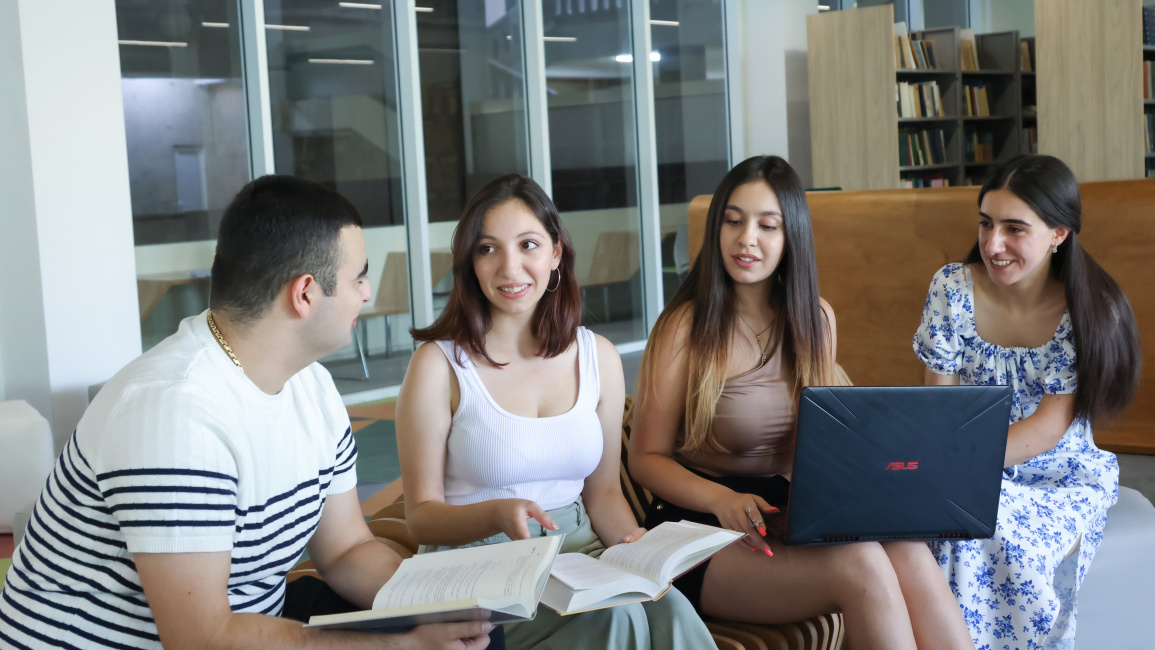
On May 16, 2024, the World Economy International Olympiad was held at the Turkmen State Institute of Economics and Management, in which representatives of 33 higher education institutions from Turkmenistan, Armenia, Germany, Russia, Pakistan, Belarus, Kazakhstan, Kyrgyzstan, Uzbekistan and Tajikistan participated. During the Olympiad, students competed for a total of 45 places, including 11 first, 16 second, and 18 third positions.
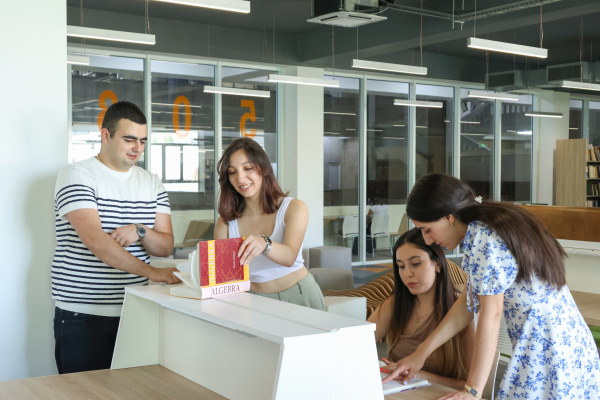
The official languages of the Olympiad were Turkmen, Russian, and English. It was conducted in individual competition format, where winners were determined by points earned. Each participating higher education institution could send up to four students. Zina Ghazaryan, Alen Ghazaryan, Eva Mirzoyan, and Aida Gyurjoghlyan, second-year students from Yerevan State University's Faculty of Economics and Management, took part in the Olympiad. They were led by Associate Professor Grigor Hayrapetyan, Candidate of Economic Sciences, Head of the Chair of Economics and International Economic Relations. The students shared their experiences of participating in the remote Olympiad, the difficulties, and the success they achieved.
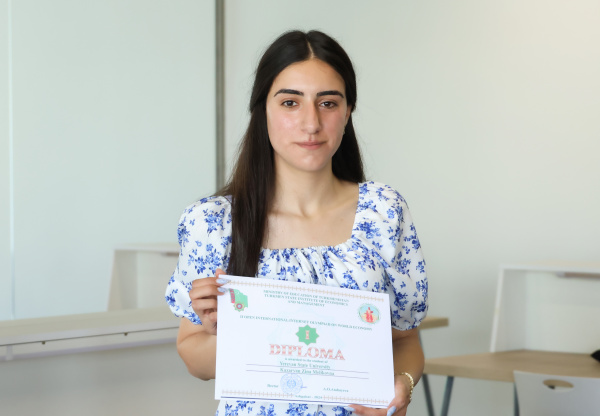
"We learned about the Olympiad from our lecturer Grigor Hayrapetyan. He offered us to participate and we gladly agreed. It was interesting that participating in the Olympiad required a level of knowledge typically acquired by third-year students. Before the Olympiad, we practiced online with our coach, focusing on international economics. By combining the new knowledge we gained, we were able to successfully participate in the Olympiad," said Zina Ghazaryan, emphasizing that there was no competition among classmates. Moreover, before the exams started, they helped each other recall the material.
Speaking about the content of the Olympiad tasks, Alen Ghazaryan said that the questions covered various areas of economics.
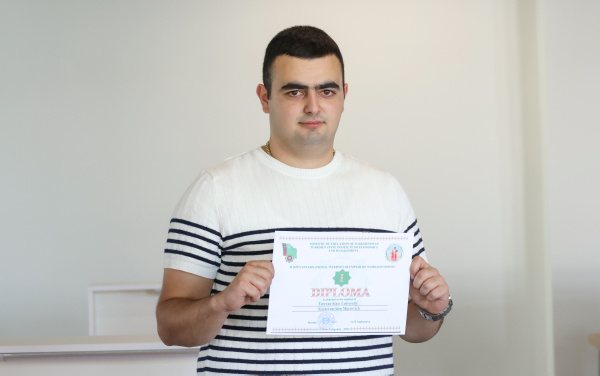
"The Olympiad covered a wide range of topics, featuring questions that spanned beyond specific subjects. These included topics that we had studied in the first year, as well as logical questions and various economic problems. We have participated in various Olympiads, but this one was different from the previous ones in its format. Our results in the Olympiad indicate that we were able to achieve success thanks to the quality education we received. Collecting the same points, Zina and I took the first place, and Aida and Eva took the second place," pointed out Alen.
When talking about the process of the Olympiad, Eva Mirzoyan noted that she started with relatively easy tasks and then moved on to solving more complex problems.
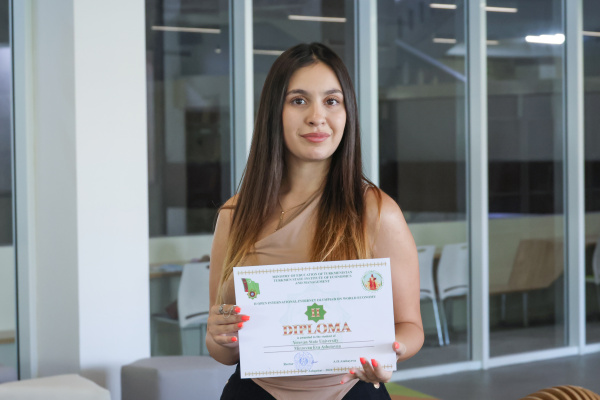
"At the start of the Olympiad, I first acquainted myself with the problems and then tackled the tasks, progressing from simpler to more complex ones. We had some idea of the tasks beforehand, that's why we didn't face much difficulty. Despite encountering challenging economic problems with unclear requirements, we managed to complete them within the allotted time. Overall, participating in the Olympiad was a new and interesting experience for us," Eva highlighted.
According to students, feedback was quick and effective. They were informed about their results in the Olympiad via e-mails.
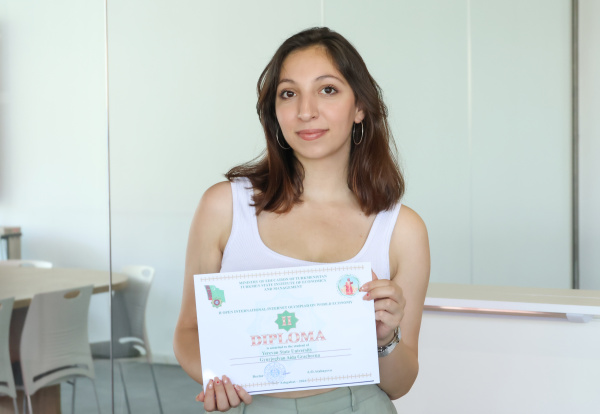
"From the beginning, there was a fear of failure as it was our first experience participating in an international remote Olympiad. However, with the continuous support and encouragement from our professors, we managed to achieve good results. The winners of the Olympiad were determined based on their accumulated points, and high-scoring participants received diplomas," summed up Aida Gyurjoghlyan.
Important to mention that each Olympiad participant was assigned 10 tasks to solve, with a time limit of 120 minutes (2 hours) to complete them.

